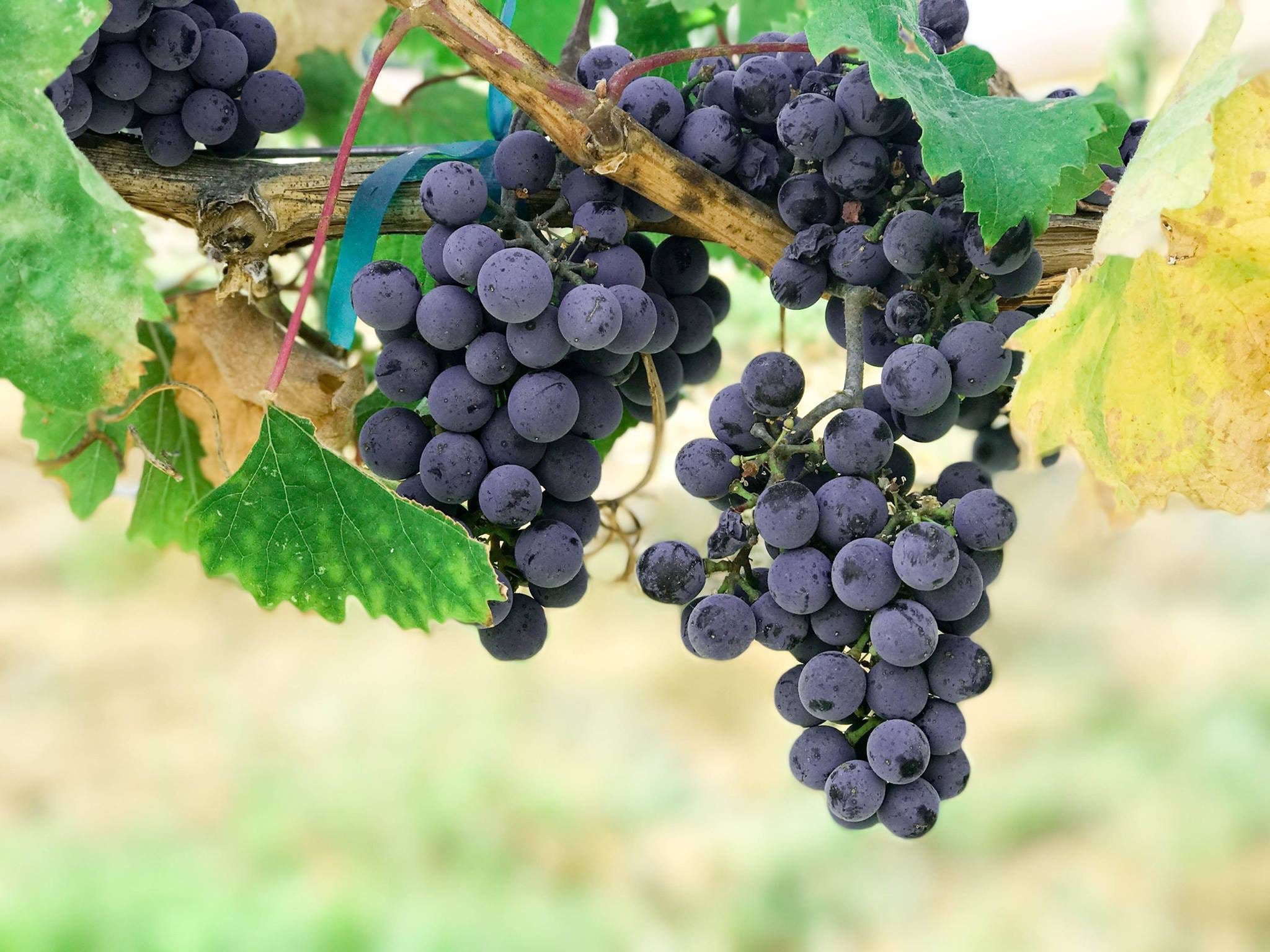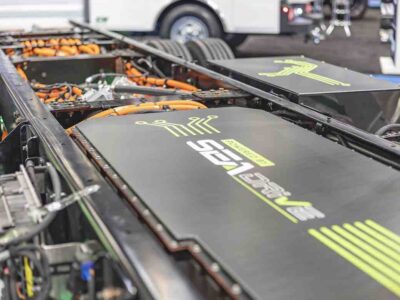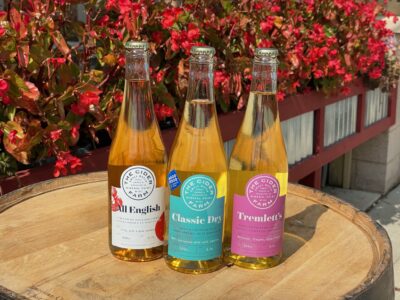The wine industry is fighting an uphill battle. The changing climate has caused drought and unpredictable weather conditions in some of the biggest grape-growing countries in the world, forcing vineyards to adapt or go bust. In France, 12% of the annual production was slashed due to a 2019 drought. Frost, heat waves, and wildfires have only made the situation worse. How does the French wine sector, an industry rooted in a deep tradition, survive a changing climate? Jackson Family Wines in the U.S. is an example of a way forward.
In California, more sustainable and organic farming methods have been introduced to save the Napa and Sonoma vineyards. Jackson Family Wines grows around 10,000 acres of grapes, mainly across California and Oregon. They produce brands like Kendall-Jackson and La Crema in liquor stores across America. With the wildfire and drought in California, Jackson revved up their climate resiliency efforts to mitigate losses of grapes and money.
The plan? Return to regenerative farming techniques across the 10,000 acres. Owls and falcons will be introduced as natural pest control, cutting the need for pesticides. Cover crops like rye and barley will be planted between grapevine rows.
Compost will be made with animal waste and grape skins from the winemaking process, which helps nourish the soil while sequestering carbon dioxide.
It’s all part of Jackson’s Race to Zero initiative, with goals of cutting carbon emissions in half by 2030 and climate positivity by 2050. They will also utilize solar technology to operate the winery’s electricity. Katie Jackson, the leader of sustainability for Jackson Family Wines, said, “The idea that it’s more expensive to tackle climate change than to ignore the problem and let it accumulate — that just does not compute.”
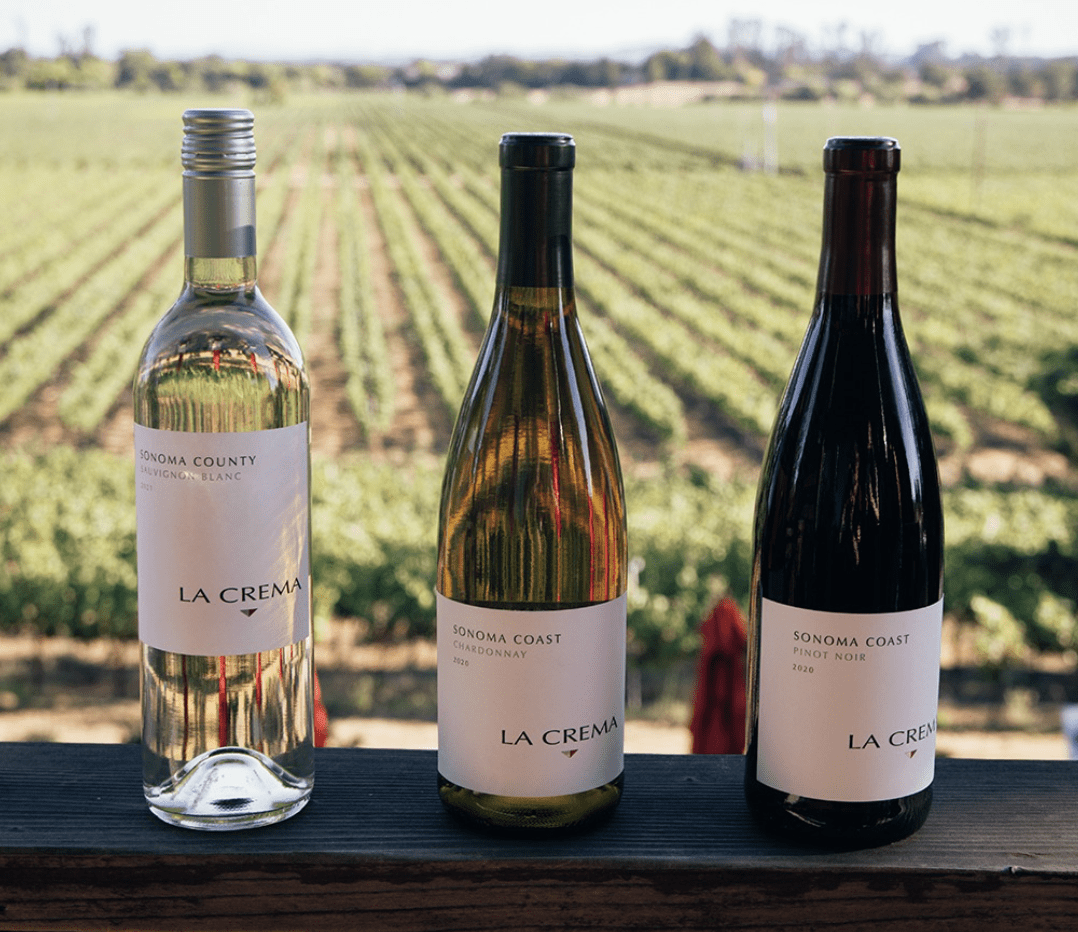
On the surface level, Jackson is doing a solid job implementing sustainable agriculture and energy technology, but they’ve taken it further. The winery has called upon information technology from satellites and drones that monitor the impact of drought and pests on grapevine health. They use data from satellites to improve irrigation efficiency. Other technology-based solutions will include sensors in the soil to measure moisture levels. Additionally, fermentation tanks at Jackson are sanitized with ultraviolet light to save water. These are creative ways to save water and energy while keeping crop yields at a solid rate to keep up with production demands.
France’s winemaking region is smaller than Jackson Family Wines’ acreage, but the vineyards deal with the same climate conditions.
Water tables that grapevines would draw water from have dried up. Because of the drought, they haven’t been able to be replenished naturally, especially in the south of France.
“The quality is affected, but so is the quantity of wine we can produce,” said Laurent Audeguin from the French Wine and Vine Institute. That has forced vineyards to produce wines that aren’t as well-known as Bordeaux or Burgundy. Jacquère, Mondeuse Noire, and Viognier were some that made a comeback in 2021 due to their availability. The drought didn’t affect these vintages as profoundly; however, this is only a temporary fix.
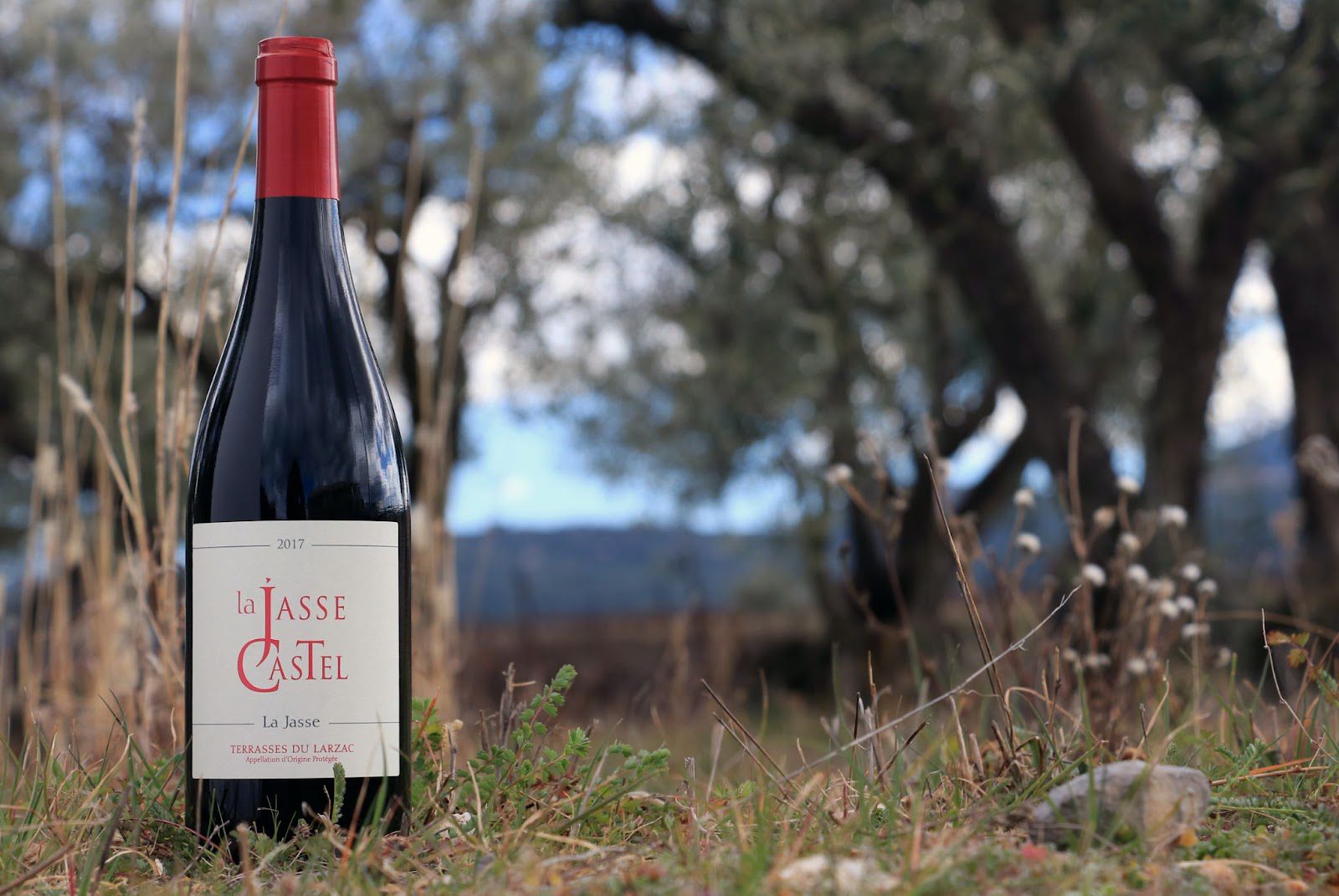
French wineries, like all wineries, will need to continue to adapt to deal with climate change to continue producing their product. While the small, niche vineyards in France don’t have the same money for all of the integrated technology solutions as Jackson, governmental assistance and regenerative farming methods will be necessary to help bridge the gaps. Jackson Family Wines can act as a template for a more sustainable wine industry.

